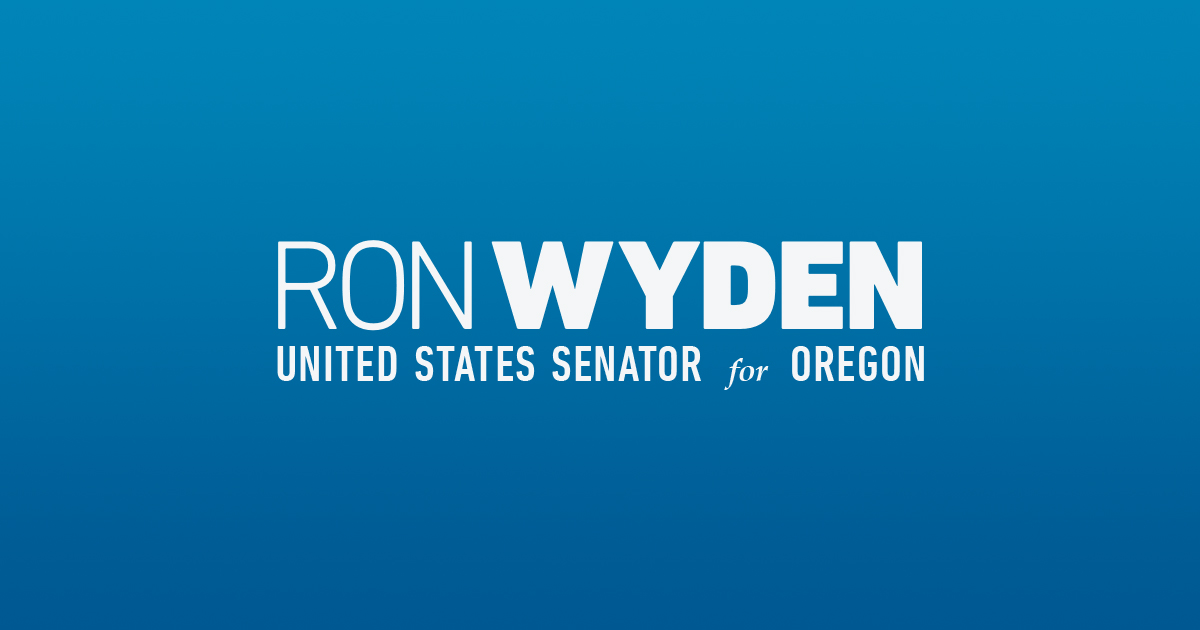Source: United States Senator Ron Wyden (D-Ore)
Washington, D.C. – U.S. Senators Ron Wyden, D-Ore., and Roy Blunt, R-Mo., today announced that their bipartisan Low Power Protection Act has passed the U.S. Senate Committee on Commerce, Science, and Transportation. The bill would strengthen spectrum rights for certain low power television (LPTV) stations, which fill important gaps in broadcast service, particularly in Oregon’s rural communities outside the reach of a full power signal.
“Yesterday’s advancement of the Low Power Protection Act was an important step towards providing diverse, locally oriented broadcasting in rural and remote communities in Oregon and across the country,” Wyden said. “I’ll continue to work alongside my friend, Senator Roy Blunt, to empower LPTV stations that serve their communities by getting this bill across the finish line.”
“Local television stations play a unique and valuable role in their communities, from broadcasting life-saving weather alerts to providing a wide range of entertainment options,” Blunt said. “This legislation would help make sure smaller stations, especially those in rural Missouri, can continue providing coverage that people depend on. I’m encouraged by the bipartisan support we have for the bill and hope to see it considered by the Senate soon.”
LPTV stations usually provide locally-oriented or specialized service in their communities. However, LPTV is currently considered a secondary broadcast service by the Federal Communications Commission (FCC). As such, LPTV licensees are not granted protections from harmful interference or displacement, and must accept harmful interference or displacement from full power television stations.
Wyden and Blunt’s Low Power Protection Act would require the FCC to open a new filing window during which qualifying LPTV stations could apply for and receive Class A status. Class A status will protect LPTV stations from being bumped off-air by harmful interference. That, in turn, will help ensure they are able to continue providing local coverage, and allow them to better protect existing investment and incentivize further investment in their stations and communities.
The bill text is here.
